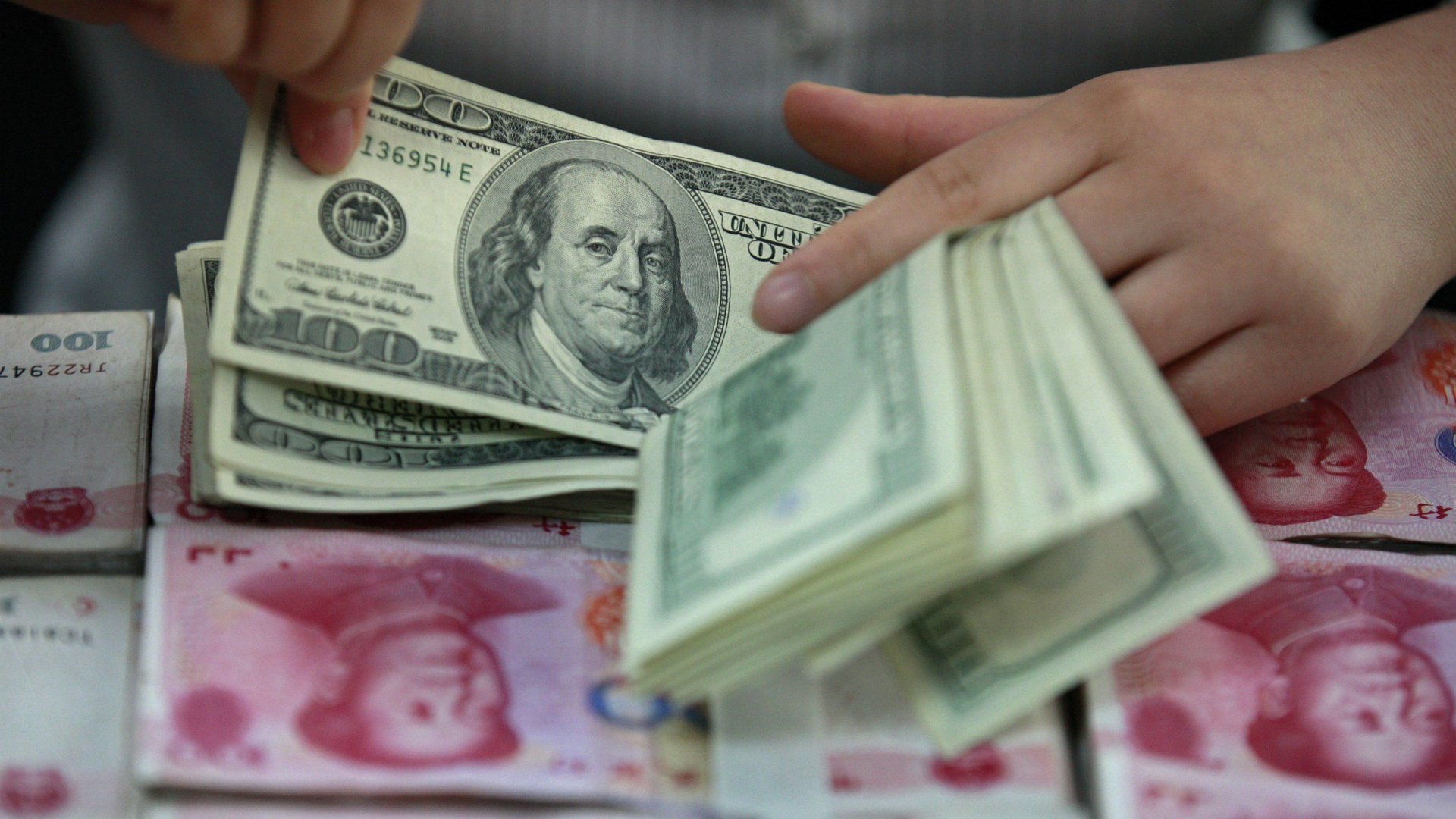Don’t count on China’s central bank to bail out its banks
China’s banks are increasingly nervous that some of the $18 trillion in outstanding loans (paywall) on their books won’t be paid back, as the Wall Street Journal (paywall) reported today. That’s despite the fact that the country’s official recording of bad loans is still at an extremely healthy level. As of June, non-performing loans (NPLs), as they’re called, made up only 0.96% of total lending, a slight increase from 0.95% in June 2012.


China’s banks are increasingly nervous that some of the $18 trillion in outstanding loans (paywall) on their books won’t be paid back, as the Wall Street Journal (paywall) reported today. That’s despite the fact that the country’s official recording of bad loans is still at an extremely healthy level. As of June, non-performing loans (NPLs), as they’re called, made up only 0.96% of total lending, a slight increase from 0.95% in June 2012.
If the situation worsens, banks will need new funds to plug the holes left in their balance sheets from bad debts. Some argue that China’s $3.4 trillion in foreign cash would serve as a stopgap.
But as Paul Davies explains in a great post on FT Alphaville yesterday, that’s not exactly viable. The foreign currency reserves of the People’s Bank of China’s are the inevitable consequence of keeping the yuan artificially cheap relative to the US dollar for many years; the PBOC had to create yuan to buy dollars at its desired rate of exchange. To prevent those new yuan from pouring into the economy and stoking inflation, the PBOC “sterilized” them, selling treasury notes (mostly to Chinese banks) to absorb them.
The PBOC has to pay back those treasury notes at some point. If it gives a chunk of its dollars to banks to recapitalize them, it loses the money it needs to pay back those outstanding treasury notes. Of course, it can print more yuan to pay off its obligations. But that would prove inflationary. Dodging the inflation risk by using its foreign cash holdings to meet its treasury obligations would likely be massively deflationary, as we’ve explained before. (What’s more, because the PBOC overpaid in yuan for dollars—which you have to do to repress your currency—it would now get back much less than those reserves were originally worth.)
Another problem with those foreign currency reserves: They are partly made up of foreign investments. Every time a foreign company invests in China, it hands over dollars for yuan. As of the end of 2012, foreigners held $1.66 trillion more assets in Chinese currency than China held in foreign-denominated assets, notes Davies, citing IMF data.
Capital controls imposed by the Chinese government make it difficult for those foreign companies to change yuan into dollars at will. But at some point, if a foreign company wants its dollars back, the PBOC has to cough them up (again, at a loss).
There are less obvious ways of bailing out banks than officially recapitalizing them. For instance, banks can issue new shares in Hong Kong, where the State Administration of Foreign Exchange (SAFE), the arm of the PBOC that handles currency, can surreptitiously buy them up. That mainland banks are planning to raise around $49 billion (paywall) by the end of 2013 could be one such opportunity for an ad-hoc bailout.
But $49 billion is a drop in the bucket compared with the proportion of the $18 trillion in loans owed to banks that might go unpaid. If just 19% of China’s bank credit went bad, it would wipe out the country’s reserves altogether.